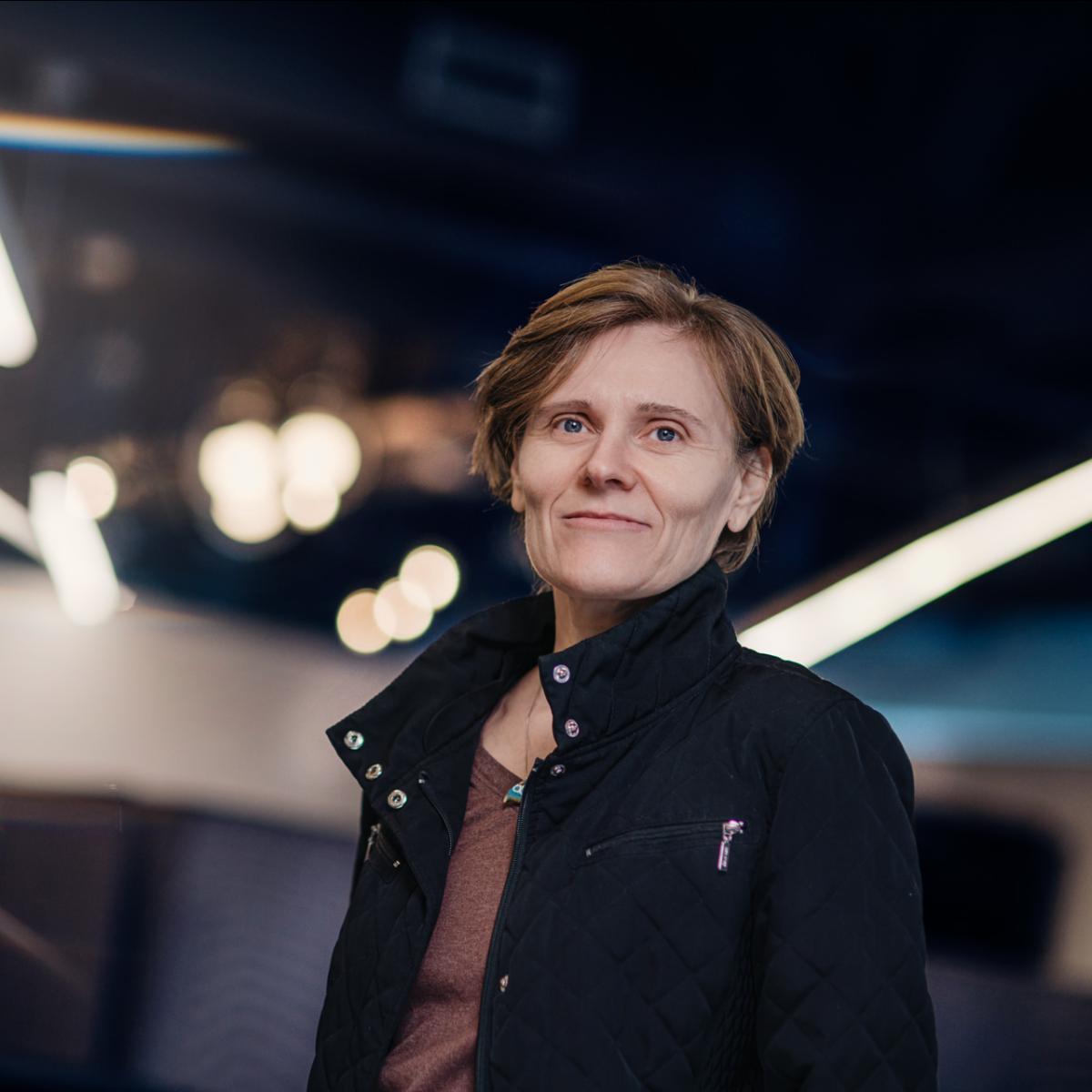Neurological deficits in Tuberous Sclerosis Complex
Our mission is to understand how a mutated, dysfunctional gene leads to abnormalities in circuit formation and function, and ultimately neurological disabilities. We are focusing on gene variants leading to increase in the mechanistic target of rapamycin, mTOR, which is a converging intracellular hub that controls several fundamental intracellular processes (e.g., translation and autophagy). An exemplary disorder of the mTOR signaling pathway is tuberous sclerosis complex (TSC) due to mutations in TSC1 or TSC2. Individuals with TSC have epilepsy (80% patients), and a spectrum of neurological disabilities, including severe cognitive deficits (50%) and autism (40-60%). TSC accounts for 4-14% of all cases of autism. Through a unique combination of state-of-the-art techniques and several collaborations, we have identified dysregulations at the molecular, cellular and network levels in TSC condition that are responsible for epilepsy and altered brain waves. As part of our next initiative and with multiple collaborations, we are developing new animal models and focusing on understanding the causes of autistic traits in TSC, including the socio-communicative, sensory and social deficits. Finally, we are taking a holistic approach by validating our key molecular findings in human tissue in hope to move from bench to bedside for future therapeutic initiatives.
Methods
Topics
Biography
Angelique Bordey received a Master in Chemical Engineering in 1991 at the National School of Chemical Engineering in Lyon (France). After a short time in a pharmaceutical company (Gatefosse), she decided to pursue neuroscience and took undergraduate and graduate classes to earn a Bachelor/Master in Neuroscience followed by a PhD in Neuroscience at the University Louis Pasteur in Strasbourg in 1995. After a postdoctoral fellowship in Birmingham (Alabama), she joined the Neurosurgery department at Yale as an assistant professor in 2000. She is now the Rothberg professor of Neurosurgery. She has two daughters Camille (at WPI, mechanical engineering) and Alexie (in high school). Her partner, Jennifer Saxe, has two sons in high school.

